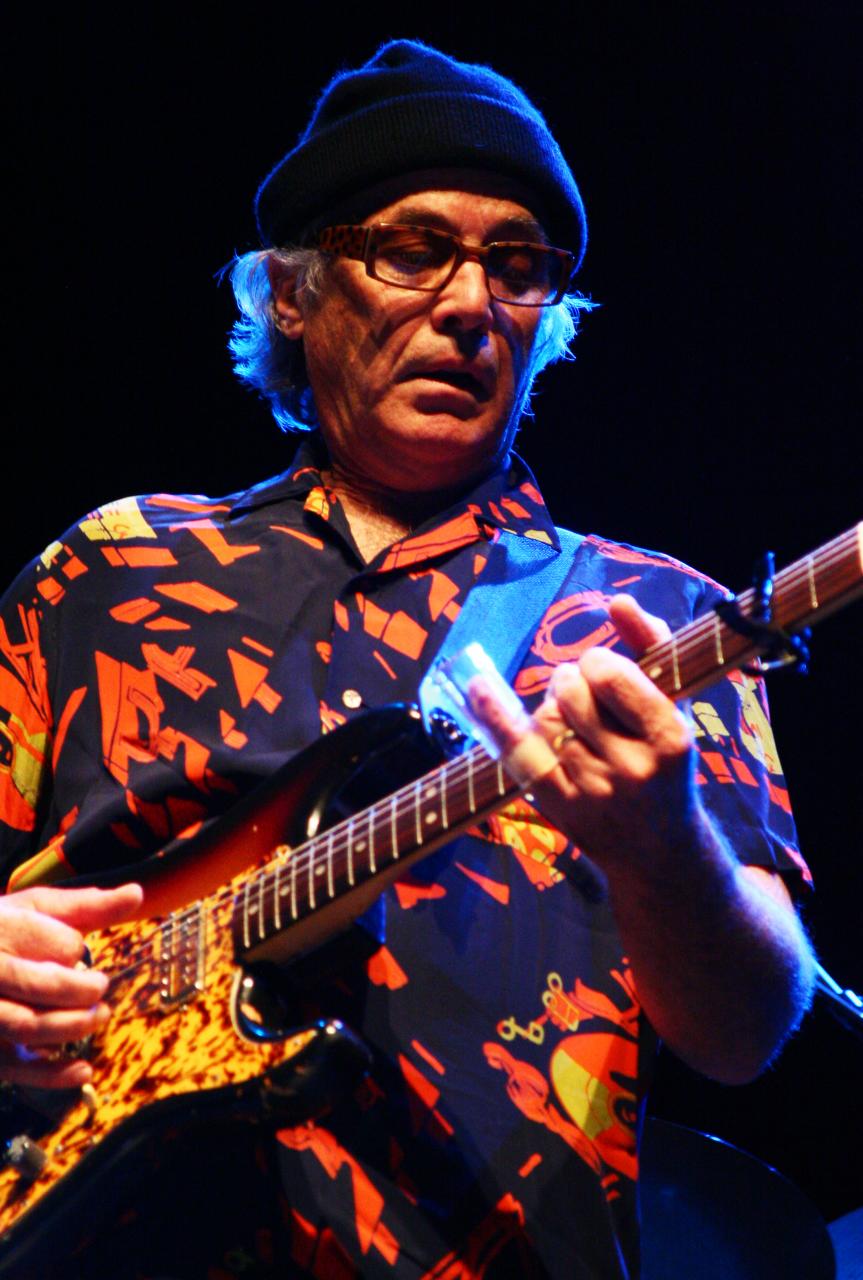3rd Base Dodger Stadium
Ry Cooder, 2005 |

 |
What was Chávez Ravine? Who lived there? What happened to it? |
 |
What does the singer's current job suggest about what happened to the people who were displaced from Chávez Ravine? |
 |
The song is addressed to a "baseball man." Who do you think this man is? |
 |
How do you think the singer's feelings about Dodger Stadium differ from the feelings of typical fans who attend games? |
 |
Have you ever been to a baseball game or an event in a stadium? Did you ever think about whose land it was prior to becoming the site for the stadium? |
|

"3rd Base, Dodger Stadium" performed by Ry Cooder on Chávez Ravine, © 2006. Available on iTunes, Spotify, and YouTube.
For more information about Ry Cooder, visit his official website. |

Rights have not been secured to reprint the words for this song. Please consult the following online resource for lyrics:
http://www.lyricsmode.com/lyrics/r/
ry_cooder/3rd_base_doger_stadium.html |
|
 Before Dodger Stadium was built in a hilly section of Los Angeles in the 1950s, there was a neighborhood in that area called Chávez Ravine, which was home to Mexican American families and other immigrant groups. About two miles north of downtown Los Angeles, Chávez Ravine was a rural, economically poor area that was slated for redevelopment in the 1950s. The city purchased the land, developers bulldozed the homes, and Dodger Stadium was built. The residents of Chávez Ravine were forced to move to other areas of Los Angeles after the seizure of their land. Before Dodger Stadium was built in a hilly section of Los Angeles in the 1950s, there was a neighborhood in that area called Chávez Ravine, which was home to Mexican American families and other immigrant groups. About two miles north of downtown Los Angeles, Chávez Ravine was a rural, economically poor area that was slated for redevelopment in the 1950s. The city purchased the land, developers bulldozed the homes, and Dodger Stadium was built. The residents of Chávez Ravine were forced to move to other areas of Los Angeles after the seizure of their land.
 |
| Ry Cooder |
Musician, songwriter, and producer Ry Cooder was born in Los Angeles in the 1940s. One of the most highly regarded living guitar players, he has performed in a variety of genres and developed an interest in roots music, a broad category that consists of multiple genres associated with the historical identity of particular cultures from the United States and other areas of the world. In 1997 Cooder produced the renowned album Buena Vista Social Club, which featured legendary Cuban musicians, with musician Juan de Marcos Gonzáles. In 2005, Cooder produced the album Chávez Ravine as a tribute to the Los Angeles community. Chávez Ravine was a concept album that told the story of the community through different fictional voices. Songs on the album featured prominent Mexican American musicians, such as Eduardo "Lalo" Guerrero and legends of East Los Angeles, such as the Midnighters' Little Willie G, who had family in Chávez Ravine. The album featured a variety of styles and genres, such as narrative ballads, Tex-Mex, conjunto, corrido, and Latin pop.
"3rd Base, Dodger Stadium" tells the story of a former Chávez Ravine community member who is now a parking lot attendant at Dodger Stadium. The attendant reminisces about the land under Dodger Stadium and his boyhood memories of the area. In his story, the third base in Dodger Stadium is where his house used to be, the land under first base is where he had his first kiss, and the area that is now a gas station was home to a shoeshine stall. |


